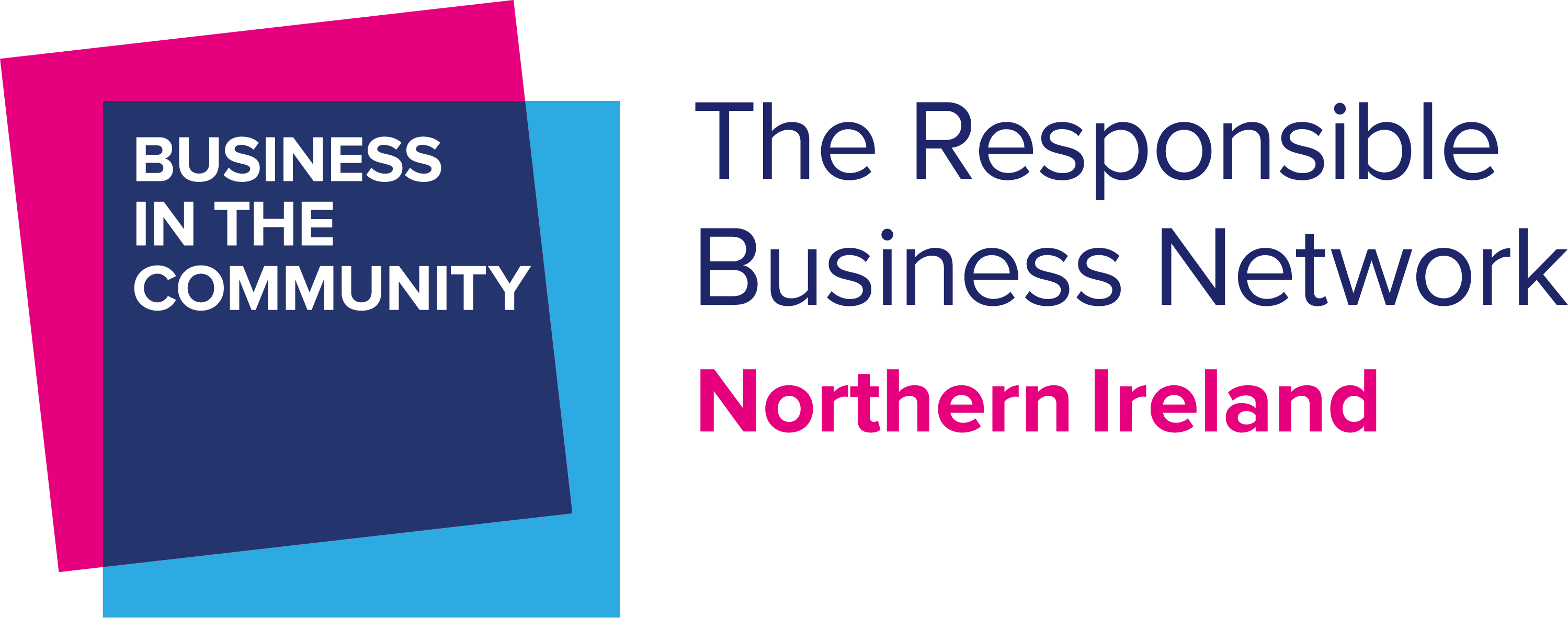Mental Health – employers, now is the time to take action

 Monday 10 October was World Mental Health Day. To coincide with this, Change Your Mind – a Comic Relief funded partnership between the Public Health Agency (PHA) and the Northern Ireland Association for Mental Health (Niamh) – has launched the ‘Helping Others’ initiative. Aiming to reduce the stigma and discrimination often directed towards those who are mentally unwell, ‘Helping Others’ involves a prominent ad campaign across TV, radio and billboards that propagates a somewhat sobering message: while one in five people living in Northern Ireland will suffer from mental illness at some point in their lives, the other four will have a friend, family member or colleague who also will. So, it seems that mental ill health is something that we all have to deal with, one way or another.
Monday 10 October was World Mental Health Day. To coincide with this, Change Your Mind – a Comic Relief funded partnership between the Public Health Agency (PHA) and the Northern Ireland Association for Mental Health (Niamh) – has launched the ‘Helping Others’ initiative. Aiming to reduce the stigma and discrimination often directed towards those who are mentally unwell, ‘Helping Others’ involves a prominent ad campaign across TV, radio and billboards that propagates a somewhat sobering message: while one in five people living in Northern Ireland will suffer from mental illness at some point in their lives, the other four will have a friend, family member or colleague who also will. So, it seems that mental ill health is something that we all have to deal with, one way or another.
No doubt, you’ll have heard some mention of World Mental Health Day this week – there was ample news coverage across all mediums, and the hash tag #WMHD16 trended on Twitter – but did it come up in your place of work? Most likely not. Last week, Business in the Community released the Mental Health at Work Report – a national survey of almost 20,000 UK workers — which suggests that while 77% of employees have experienced poor mental health (62% of whom cited work as a contributing factor) managers remain disconnected from the reality of this illness, and they are underequipped and unsupported to respond adequately or appropriately . An overwhelming 86% of the workforce refrain from approaching a colleague when concerned about their mental health, due to the fear of interfering or simply not knowing what to do.
What we have is a pervasive culture of silence within the workplace, resulting in prolonged suffering for those who are unwell – not to mention the crippling business implications. A recent TUC survey reports that stress is now cited as the top health and safety concern among workers, and mental health is the leading cause of absenteeism, accounting for 70 million lost working days each year.
Given the duty of care that line managers have for their staff, it is tempting to lay the blame for this at their door; but the research released by Business in the Community reveals that while three-quarters of line managers are aware of their responsibilities towards staff wellbeing, only one-fifth have received mental-health training. Encouragingly, an overwhelming majority of those surveyed would welcome additional support, with information, training and senior team support topping the list of provisions being sought. We know that mental health impacts us all, and we know that the workplace is failing to make adequate provisions; we also know that line managers need more support. The time to talk about cultural change has passed, and we must move instead to take action.
Working in partnership with Action Mental Health and a trusted group of HR professionals from organisations across the public and private sectors, Business in the Community Northern Ireland’s Workplace 20:20 campaign has launched a revised Mental Health Toolkit for Line Managers. This resource – which is completely free to members and which can be downloaded here – provides guidance for managers at all stages of illness: at work, while absent, and upon return; it follows the Mindful Manager model of Listen, Ask, Signpost and Support.
Firstsource Solutions – who was part of the employer consultative group – has successfully incorporated the Toolkit within its workplace, providing workshops and one-to-one training sessions for managers to ensure that they feel supported and equipped to use this resource to respond to incidences of mental ill health among their teams. Just four months after the Toolkit was implemented, the number of working days lost to mental health reasons reduced from 234 to just 30 days, while line managers reported greater confidence in approaching the issue.
Of course, responsible businesses will not simply acknowledge mental health as a workplace concern, purely in response to a national-awareness campaign like World Mental Health Day. Therefore, our message to employers is clear:
- Address the gap between knowledge and action: use our Toolkit to equip your line managers to approach mental illness in an appropriate and informed manner
- Talk to your staff: end the culture of silent suffering by encouraging open and frank discussions between managers and employees
- Think strategically: set the tone from the top; implement a wellbeing action plan that includes a dedicated focus on mental health, and appoint Champions to ensure activities are driven by employees
If you would like further advice or information on how to address mental ill health within your workplace, please contact Amy Kieran on 028 9046 0606 or email amy.kieran@bitcni.org.uk


